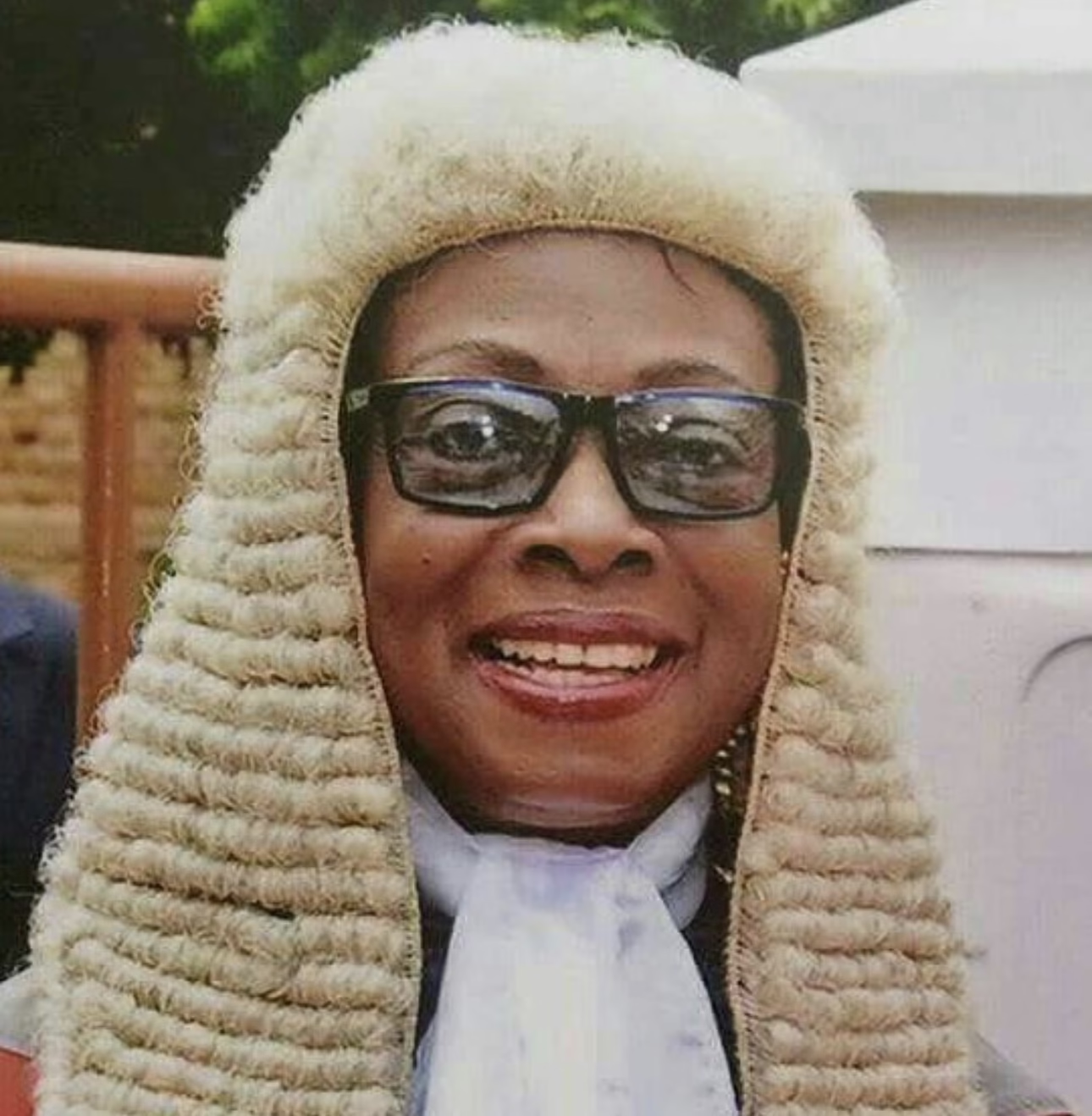Sophia Akuffo’s Perspective on the 1992 Constitution of Ghana: Review, Reform & Rethink

Former Chief Justice Sophia Akuffo has weighed in significantly on Ghana’s 1992 Constitution, acknowledging its important role in the country’s political stability while arguing that key provisions ought to be reviewed to reflect contemporary challenges.
Her position is nuanced — she does not call for wholesale replacement of the Constitution, but for a comprehensive review to modernise and strengthen governance, transparency and institutional independence.
What She Says Works
- Akuffo affirms that the 1992 Constitution “has, to a very large extent, served us well … it helped us to stabilise our independence, so to speak.”
- She respects the document’s role in establishing the Fourth Republic and its legal/political frameworks.
- She emphasises that no man-made system is sacrosanct or immune to change — “things must evolve”.
What Needs Review
According to Akuffo, several areas need attention:
1. Institutional & Judicial Appointments
- She raises concerns about the transparency and merit in judicial appointments.
- She questions the current processes: “the manner in which the appointment is made leaves a lot to be desired.”
- She argues for models where independent bodies, rather than purely political actors, oversee such appointments.
2. Executive Power and Governance
- She intimates that the constitution’s structure gives overly broad or unclearly constrained power to the executive, though she stops short of declaring it broken.
- She calls for review rather than wholesale rewrite: “not a complete rewriting, but a review.”
3. Extractive Industries & Resource Governance
- Akuffo points out that the Constitution must better address how Ghana manages natural resources and enters extractive-industry contracts.
- She states that many agreements are “woefully unfavourable” to Ghana — prompting the need for constitutional safeguards.
4. Independence of Constitutional Bodies
- She says independence of bodies (judiciary, other constitutional institutions) must be “real, not apparent.”
- She recommends structural review: how they are appointed, how they can act, how they are held accountable.
Why This Matters
- The Constitution frames how power is distributed and exercised in Ghana — reviewing it is a major governance step.
- Akuffo’s voice carries weight: as a former Chief Justice and member of the Council of State (Ghana) she speaks from experience inside the institutions.
- Her suggestion speaks to broader national conversations about constitutional reform, accountability and modernising governance.
What Her Call Means in Practice
- Potential convening of a constitutional review commission or similar body to examine flagged areas.
- Public consultation, since constitution review ideally involves citizen input and representation.
- Amendments to the Constitution (via referendum) rather than complete replacement — since she describes the document as still valuable.
- Re-design of some institutional structures: for example, appointment/removal of judges, oversight of extractive-industry contracts, strengthening of independent bodies.
Key Quote
“There is nothing in human creation that is sacrosanct or intended to remain the same forever. Things must evolve.” — Sophia Akuffo
Looking Ahead
Ghana now faces an important decision: whether to heed Akuffo’s call and start a structured, inclusive review of the 1992 Constitution. Key questions include:
- What should the review cover specifically (executive powers, extractives regulation, judiciary, resource governance)?
- How will public participation be ensured?
- How will the process avoid becoming politicised?
- How will any amendments be presented and decided (via referendum, parliamentary approval)?
- What is the timeline, and who drives it?
www.nsemgh.com

